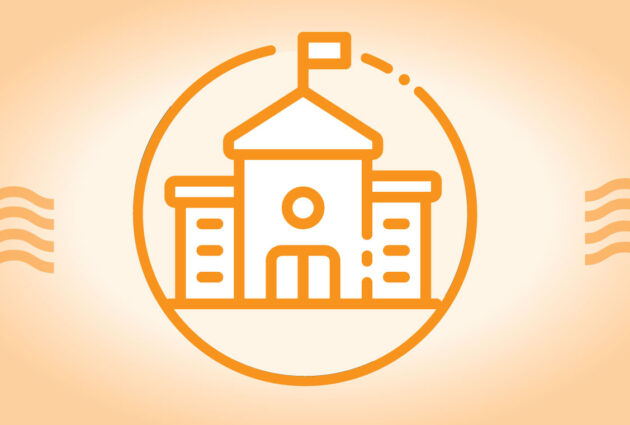Lo Que Debes Saber: A COVID-19 Public Health Community Education Strategy for the Latino Community
At a Glance
This project, led by Sixteenth Street Community Health Centers (SSCHC), United Community Center (UCC) and the Southside Organizing Committee (SOC), launched a traditional media public health campaign with accurate, up-to-date, culturally-appropriate and literacy-appropriate COVID-19 educational materials and resources for Milwaukee’s Spanish-speaking community. Overall, this project was successful in developing, administering and evaluating a public health communication strategy for slowing the spread of COVID-19 in this community.
The Challenge
Milwaukee’s near south side, where most of the Spanish-speaking community resides, was designated a “hot spot” during the COVID-19 outbreak. Risk for COVID-19 infection and transmission in the Latino population was compounded by higher average household sizes, higher propensities to work as independent contractors and in essential service industries and cultural traditions that contradict social distancing measures including living in multi-generational households and less willingness to seek healthcare.
Most city-wide communications about the virus were not made available in Spanish, nor were they culturally responsive. Sixteenth Street Community Health Centers (SSCHC), United Community Center (UCC) and the Southside Organizing Committee (SOC) partnered to meet this community need.
Project Goals
This project sought to fill the critical gap in the public health response to prevent the spread of COVID-19 within Milwaukee’s Spanish-speaking community by utilizing principles outlined in the Building Public Will (BPW) framework. Specifically, the project aimed to launch a traditional media public health campaign with accurate, to-date, culturally-appropriate and literacy-appropriate COVID-19 educational materials and resources for this community. The activities for this project were based on the five phases of BPW: framing the problem, building awareness, sharing information, calling to action and evaluating and reinforcing.
Results
Overall, this project was successful in developing, administering and evaluating a public health communication strategy for slowing the spread of COVID-19 in the Spanish-speaking community of Milwaukee. First, SSCHC created a modified toolkit which included social media ads, videos, flyers, email letters and links to additional resources. The toolkit was distributed to 85 sites and individuals. UCC conducted online and in-person surveys and SOC held nine strategic action group meetings to evaluate key messaging strategies and COVID-19 perceptions. From there, UCC modified materials from the CDC, DHS, City of Milwaukee Health Department and developed 352 new materials which were accessible both in Spanish and English. These materials included:
- Three COVID-19 educational videos which received over 3,000 views cumulatively.
- Four how-to videos that shared information about staying safe at school, staying safe during the holidays, protecting your family if you test positive and coping with stress during the pandemic.
- Three TikTok videos by UCC’s Youth Volunteer Corps that showcased how to social distance, clean surfaces and the importance of staying safe regardless of age.
- Thousands of informational flyers and hundreds of wall posters that included information about staying safe in multifamily homes, at work and in public, preventing COVID-19 infection and managing health when sick.
- 197 social media posts that covered a range of topics such as the importance of wearing a mask, COVID-19 symptoms, contact tracing, coping with stress due to the pandemic, how to gather outdoors safely, importance of the flu vaccine and how to celebrate holidays in a safe manner.
- Four “Take Action Videos” by SOC Youth which encouraged youth to get their COVID-19 vaccines and highlighted the experiences of a COVID-19 survivor.
To evaluate the effectiveness of this messaging, community feedback was gathered from neighborhood groups, resident councils and other community members including youth. Community members agreed this campaign was well-implemented and should focus on mental health moving forward.
Looking to the Future
The framework for this project allowed SSCHC to move forward with Vaccine Community Outreach efforts funded by the Wisconsin Department of Health Services.
Read the grant announcement

